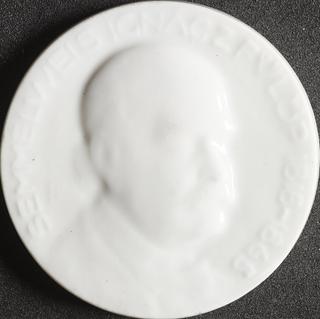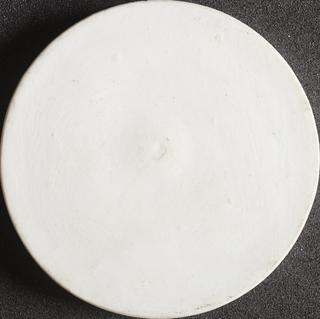
Ignaz Philipp Semmelweis 1818 - 1865
Ignaz Semmelweis was a Hungarian physician whose work demonstrated that hand-washing could drastically reduce the number of women dying after childbirth. This work took place in the 1840s, while he was Director of the maternity clinic at the Vienna General Hospital in Austria.
We all now know how important it is to wash our hands. In hospitals, antibiotic-resistant strains of bacteria are wiped out by the simple act of hand-washing. Wards are supplied with antiseptic hand gel which medical staff and visitors use before they see patients who are vulnerable to infection. The routine of ‘scrubbing up’ by surgeons before an operation is, of course, a well-established practice.
But this was not always the case. Until the late 1800s surgeons did not scrub up before surgery or even wash their hands between patients, causing infections to be transferred from one patient to another. Doctors and medical students routinely moved from dissecting corpses to examining new mothers without first washing their hands, causing death by puerperal or ‘childbed’ fever as a consequence. As dissection became more important to medical practice in the 1800s, this only increased.
Through vigorous statistical analysis, Semmelweis figured out where the problem lay and introduced rigorous hand-washing rules in the maternity ward. Deaths were drastically reduced and Semmelweis became known as the ‘saviour of the mothers’.
Sadly, Semmelweiss was committed to an insane asylum when he started to exhibit what was possibly the early onset of Alzheimer’s disease. While there he was beaten by the staff and died from his injuries.



